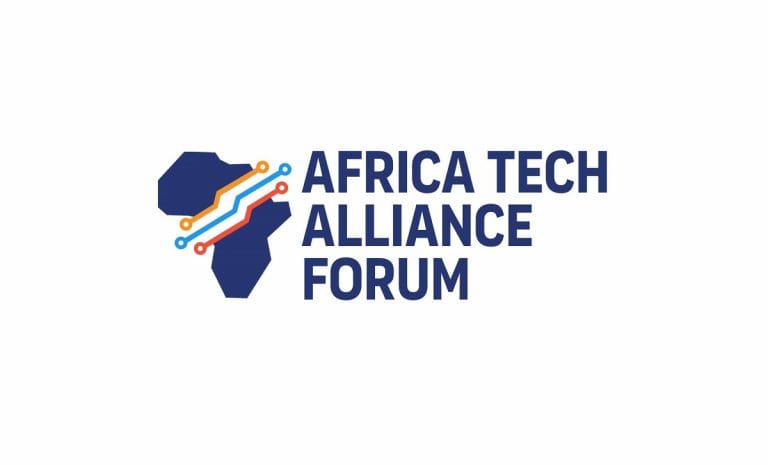Africa is set to benefit from increased cooperation with China in science and technology as the 2025–2027 action plan from the Forum on China-Africa Cooperation (FOCAC) enters its implementation phase. The collaboration aims to enhance digital infrastructure, agricultural modernisation, and the digital economy across the continent, with a strong emphasis on vocational and STEM education.
Boosting AI skills through training and exchange
Dennis Munene, Executive Director of the China-Africa Centre at the Africa Policy Institute, said China is providing technologies that could help Africa tackle climate-related challenges, such as drought-resistant agriculture. He highlighted the role of China-supported Luban Workshops in training African youth to build homegrown artificial intelligence (AI) solutions.
Read Also: Beyond Limits to host DICE3.0, connecting Africa’s tech and business leaders
“Through Luban Workshops, a China-assisted vocational training program, the continent will be able to train many young people on how to develop homegrown AI tools that are going to solve some of the challenges that the continent is grappling with,” Munene said.
He encouraged African youth to leverage scholarship opportunities and visit China to gain firsthand AI experience.
Learning from China’s low-cost innovation
China’s AI industry, led by startups like DeepSeek and Moonshot AI, is attracting global attention. Munene noted that these platforms are reshaping narratives around the cost of building AI models.
“DeepSeek has demystified the narrative that developing AI models is costly,” he said, urging African developers to study China’s model and replicate its success.
Xn Iraki, associate professor at the University of Nairobi, added that Africa could learn from China’s research and development trajectory and apply those lessons from early education through to the university level.
Structuring education to drive tech progress
James Shikwati, Director of the Inter Region Economic Network, said Africa’s youthful population presents a strong advantage—but only if education systems are modernized.
“Africa should rethink its education system so as to make sure that we give our youth proper education that can align with the unfolding new world order,” Shikwati said.
He called for stronger public-private partnerships between African and Chinese tech sectors to promote science and technology knowledge exchange. Shikwati added that partnerships focused on co-creating context-driven solutions could help the continent unlock value from its mineral resources and improve competitiveness in the global market.

Leave a Reply